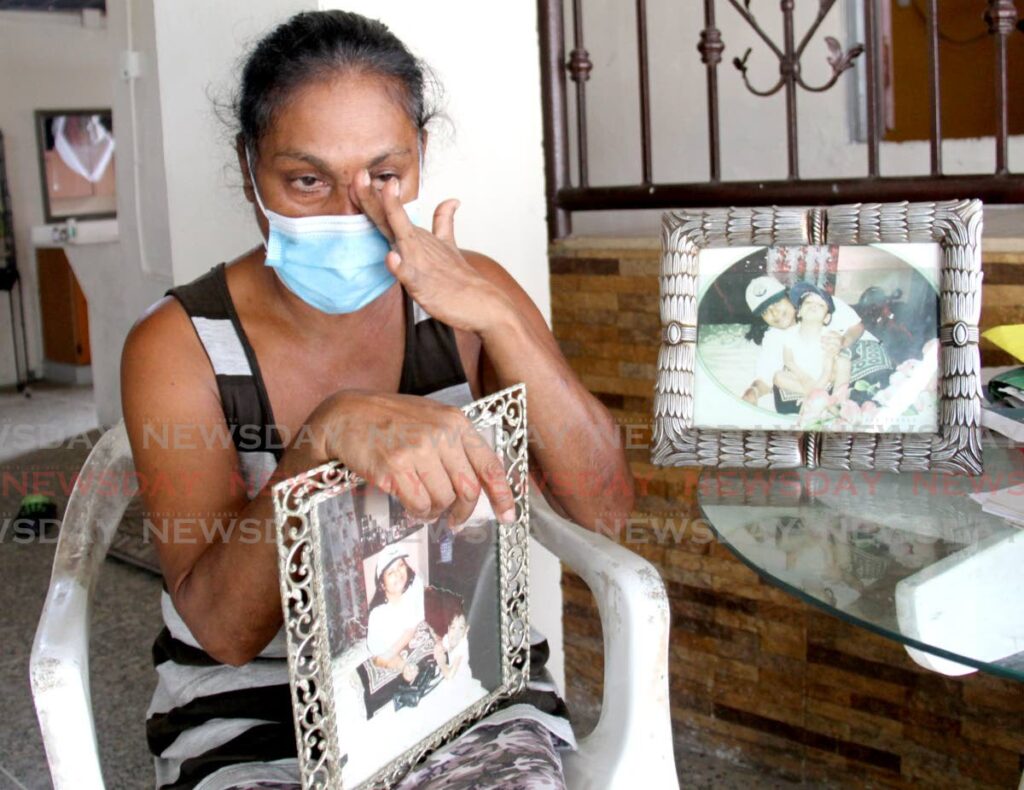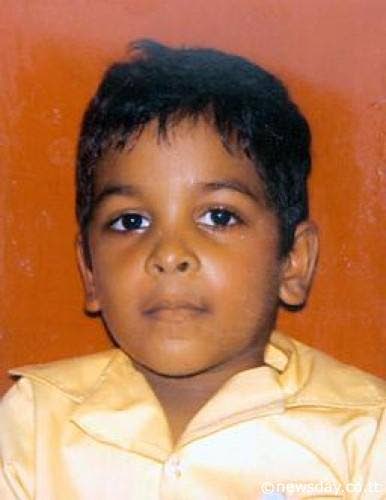Appeal Court orders retrial in Sean Luke murder case

ALMOST a year after they were convicted of the murder of six-year-old Sean Luke, the Court of Appeal ordered a new trial for two men because of the number of serious errors made by the judge who delivered their guilty verdicts.
The decision of Justices of Appeal Nolan Bereaux, Mark Mohammed and Maria Wilson came after prosecutors said they could not defend the appeal filed by Akeel Mitchell and Richard Chatoo.
Mitchell and Chatoo were convicted by Justice Lisa Ramsumair-Hinds on July 23, 2021. In her verdict, Ramsumair-Hinds said Luke’s killing was a planned and frenzied assault.
At their virtual trial, both men denied killing Luke.

On Tuesday, deputy Director of Public Prosecutions George Busby and assistant DPP Sabrina Dougdeen-Jaglal said they were unable to deal with the challenges posed by four grounds of appeal raised by the men’s lead attorney Jagdeo Singh.
Both prosecutors said the State had to concede in the appeal and explained why, in detail, as they spent almost two hours taking the judges through the evidence and the judge’s verdict.
Bereaux, who delivered the decision, said because of the public interest in an expeditious retrial, they were ordering that the case be assigned to a judge’s docket no later than July 25.
In their ruling, the judges said they agreed this was a difficult and complex case, and were also in agreement that the judge made “material errors which have led to a serious miscarriage of justice.”
They also said they could not apply the proviso which allows the court to dismiss an appeal although a ground of challenge finds favour with the court, because of the “seriousness of these errors and the number of them.”
They have promised to give full reasons which will include guidance on issues which arose at the trial.
The appeal was the first involving a judge-only trial.
Two main grounds identified by the prosecutors dealt with complaints of the judge’s application of the legal principles on the role each played in the killing of Luke as a primary and secondary party to the crime.
The grounds related to the judge’s failure to adequately direct herself on the DNA evidence presented in the case, how she viewed the testimony of the main prosecution witness, and that she failed to give sufficient details on the principles of law and finding of facts she relied on for her verdict.
Prosecutors and the attorneys for the men said the judge misstated the prosecution’s case and invited speculation on the evidence. She was also accused of engaging in reverse directions to herself on other pertinent aspects of evidence.
In his submissions, Singh said judges should not be allowed to come to findings on speculation as it will undermine the public’s confidence in the judge-only trial system.
He said there was good reason for the public’s confidence in jury trials. In this case, he said the judge’s verdict was indefensible and to do anything but allow the appeal would promote judges giving arbitrary decisions in such trials.
In urging the judges not to dismiss the appeal, Singh further contended the judge did not say how she reconciled the inconsistencies in the prosecution’s evidence or how she dealt with the factual hurdles.
“She needed to deal with the inconsistencies and demonstrate in her reasons how she overcame these and she did not.”
Both Singh and the prosecutors said the only hurdle in ordering a retrial was that the alleged offence took place in 2006, but since the trial ended in 2021, there was no issue relating to the availability of witnesses or evidence.

Because Mitchell and Chatoo were 13 and 16 at the time of the alleged offence, they could not receive the death penalty.
A minimum sentence of 17 years, six months and 13 days at the court’s pleasure was imposed on 28-year-old Mitchell, with period reviews every three years. His next review would have come up on September 13, 2024, if a retrial was not ordered.
Chatoo, 31, received a term of detention of 11 years, six months and 13 days’ at the court’s pleasure. He, too, was expected to return in three years for a sentence review by a judge. The two had opted for a judge-only trial, however, they can opt for a jury at their next trial.
Luke’s body was found on March 28, 2006, in a bushy area in the cane field close to his home at Henry Street Extension, Orange Valley, Couva, two days after he went missing. An autopsy showed he died from internal injuries arising from being sodomised with a cane stalk.
Also appearing for the two were attorneys Vashisht Seepersad, Richard Jaggasar, Vere-Marie Khan, Alyssa Seecharan, Savitri Samaroo, and public defenders Khadija Sinanan and Shane Patience.

Comments
"Appeal Court orders retrial in Sean Luke murder case"